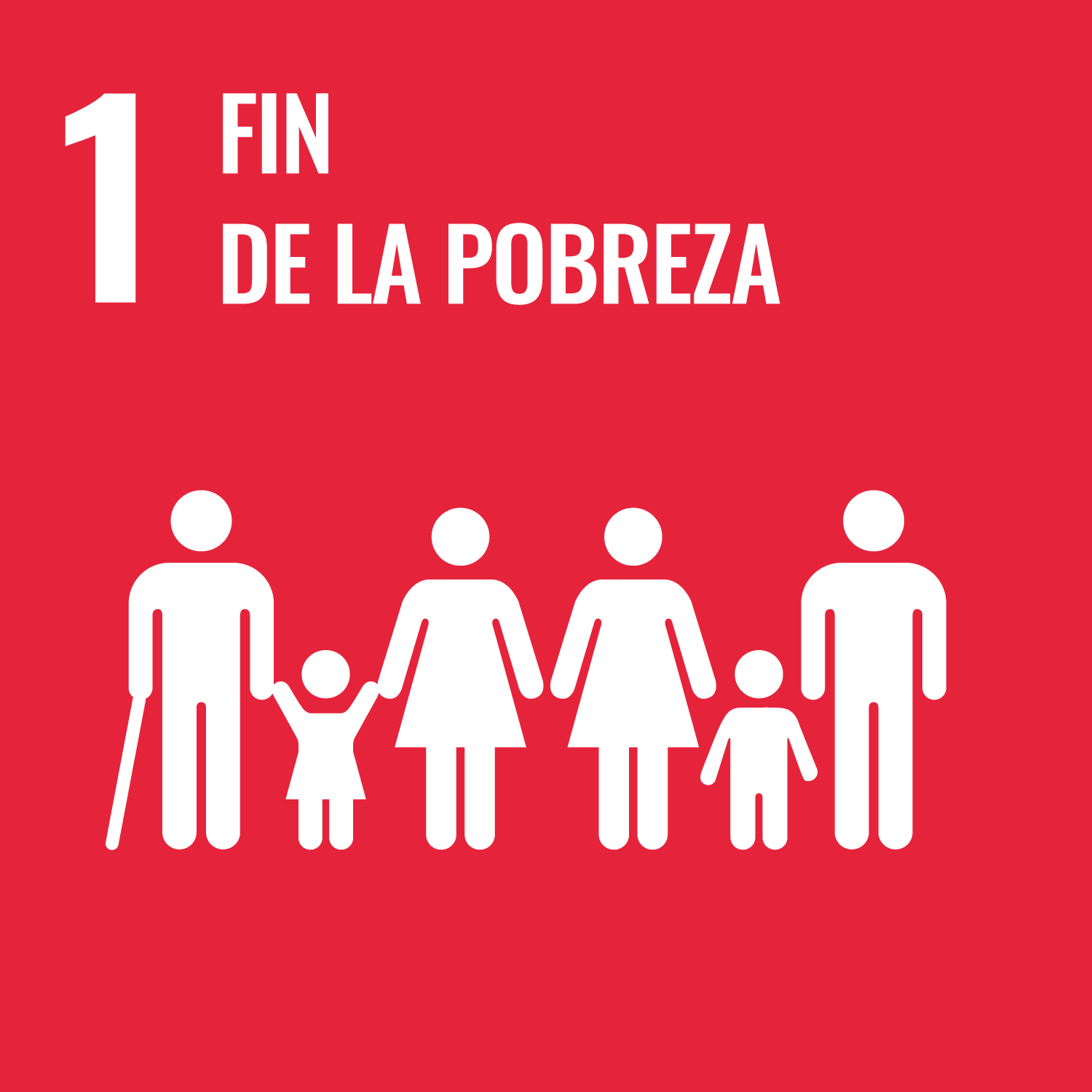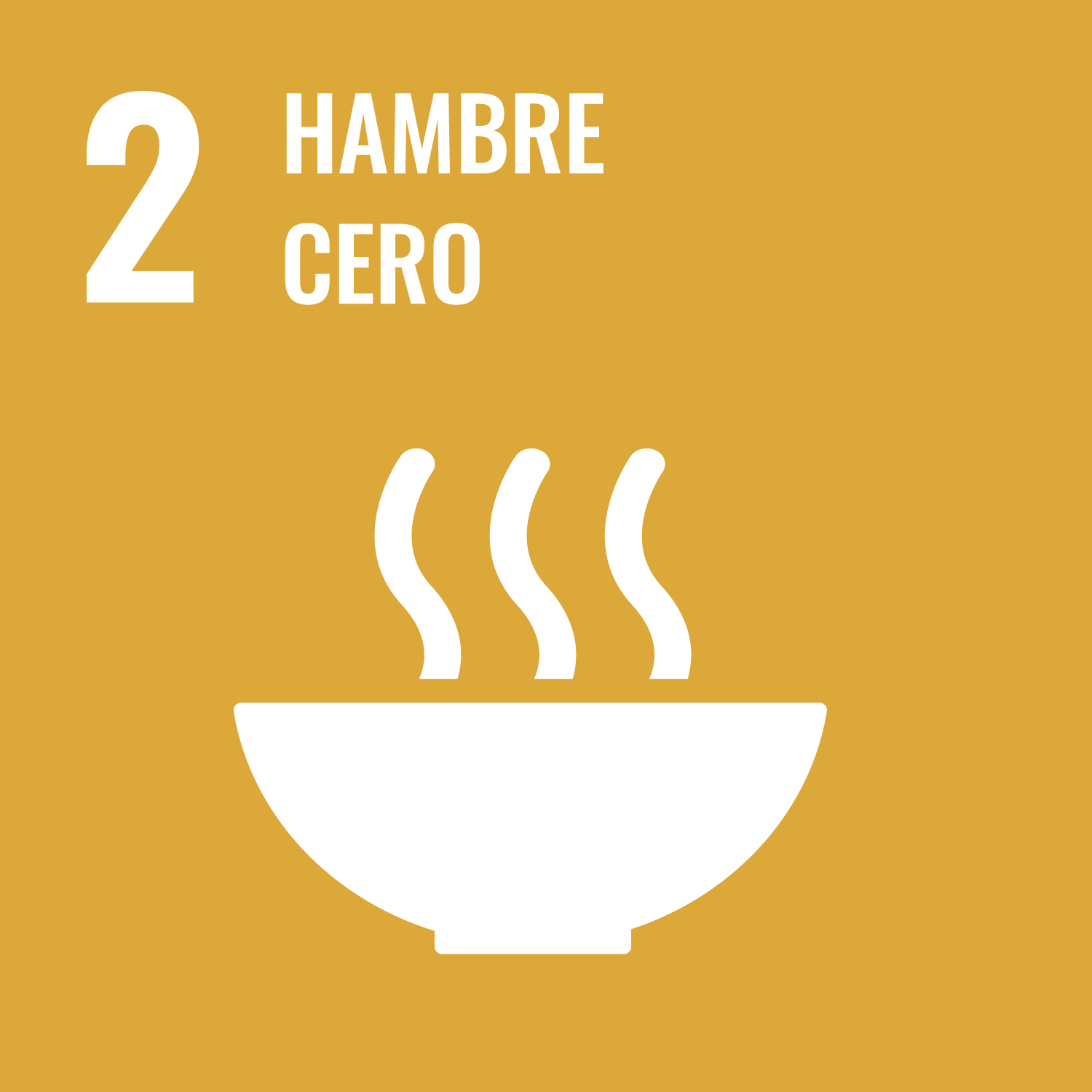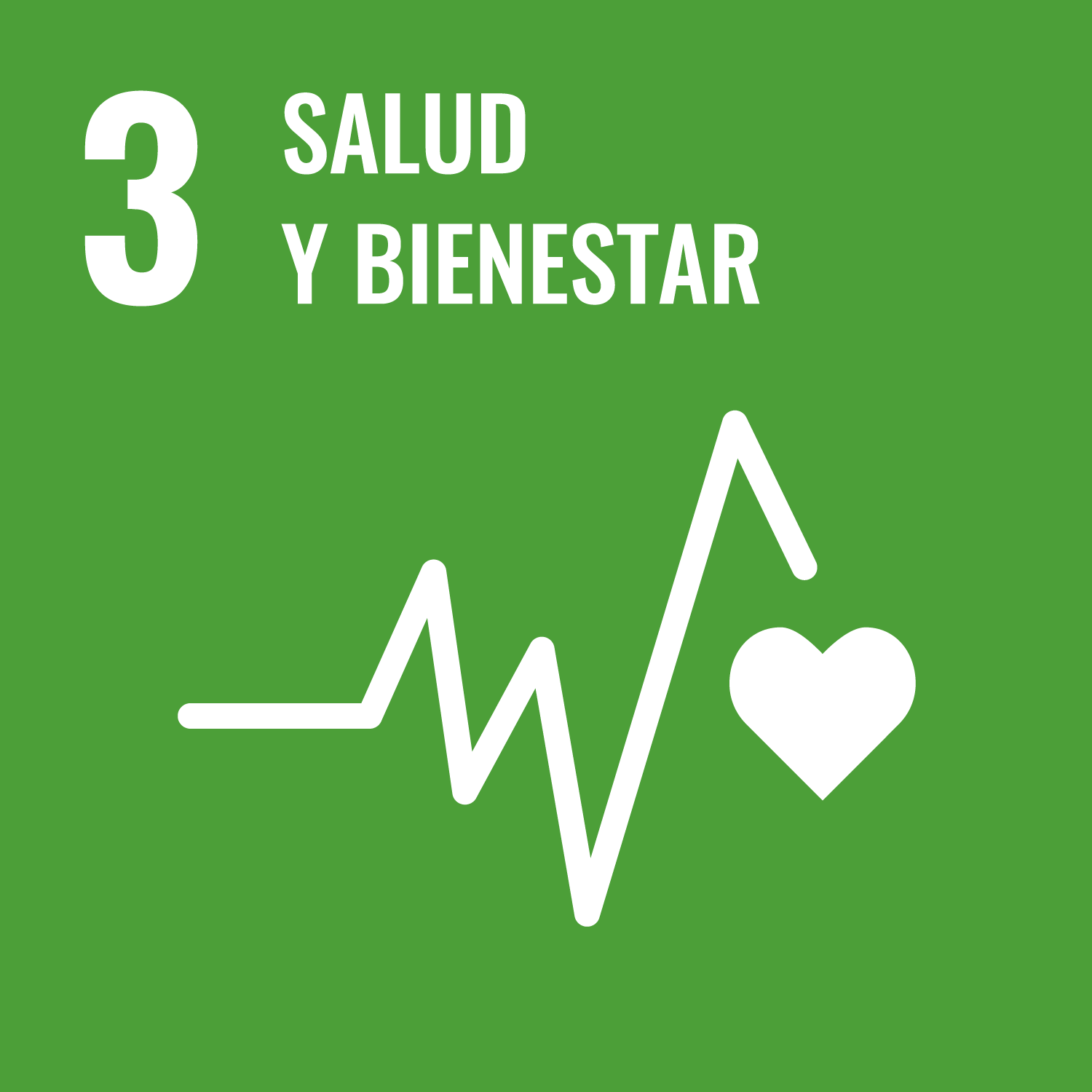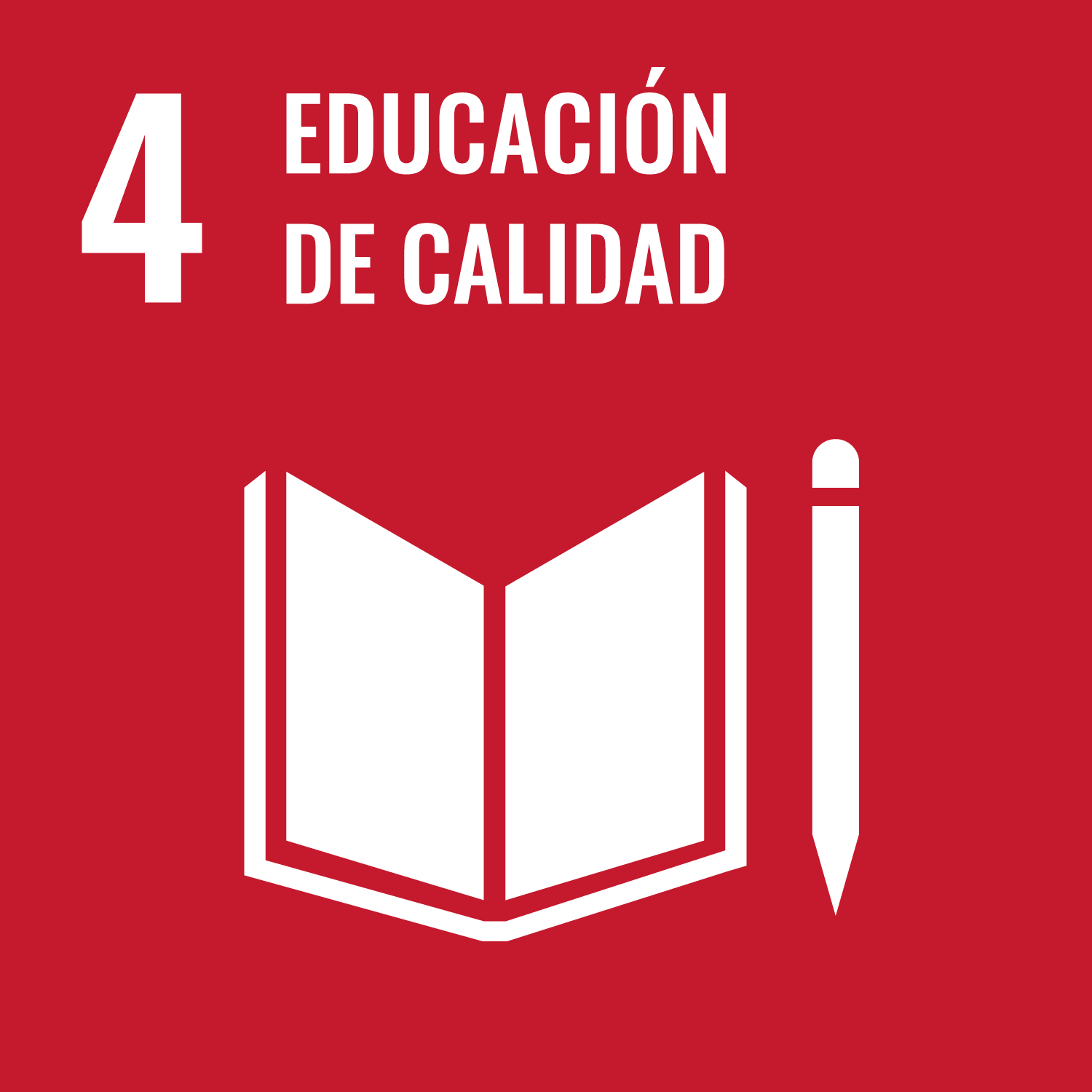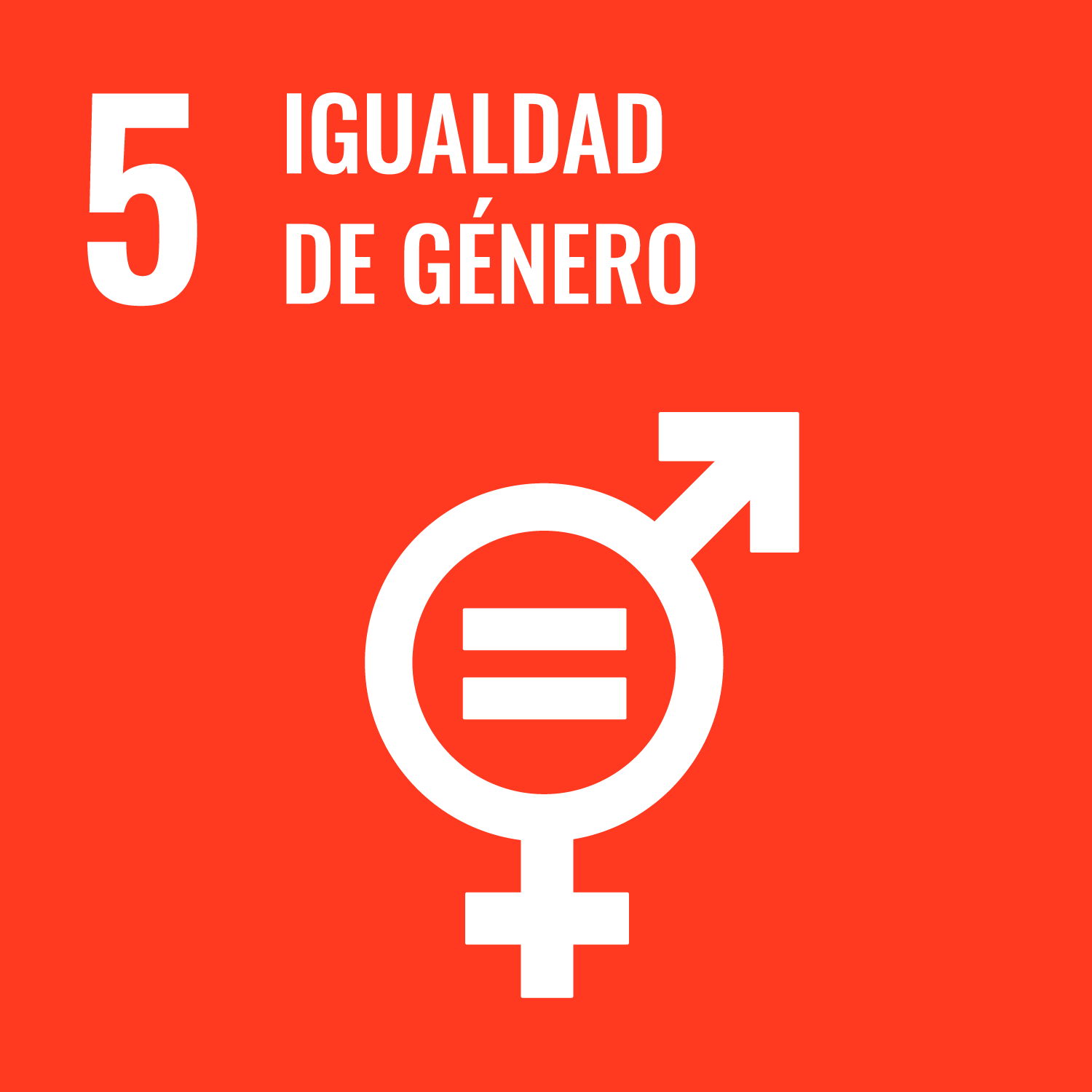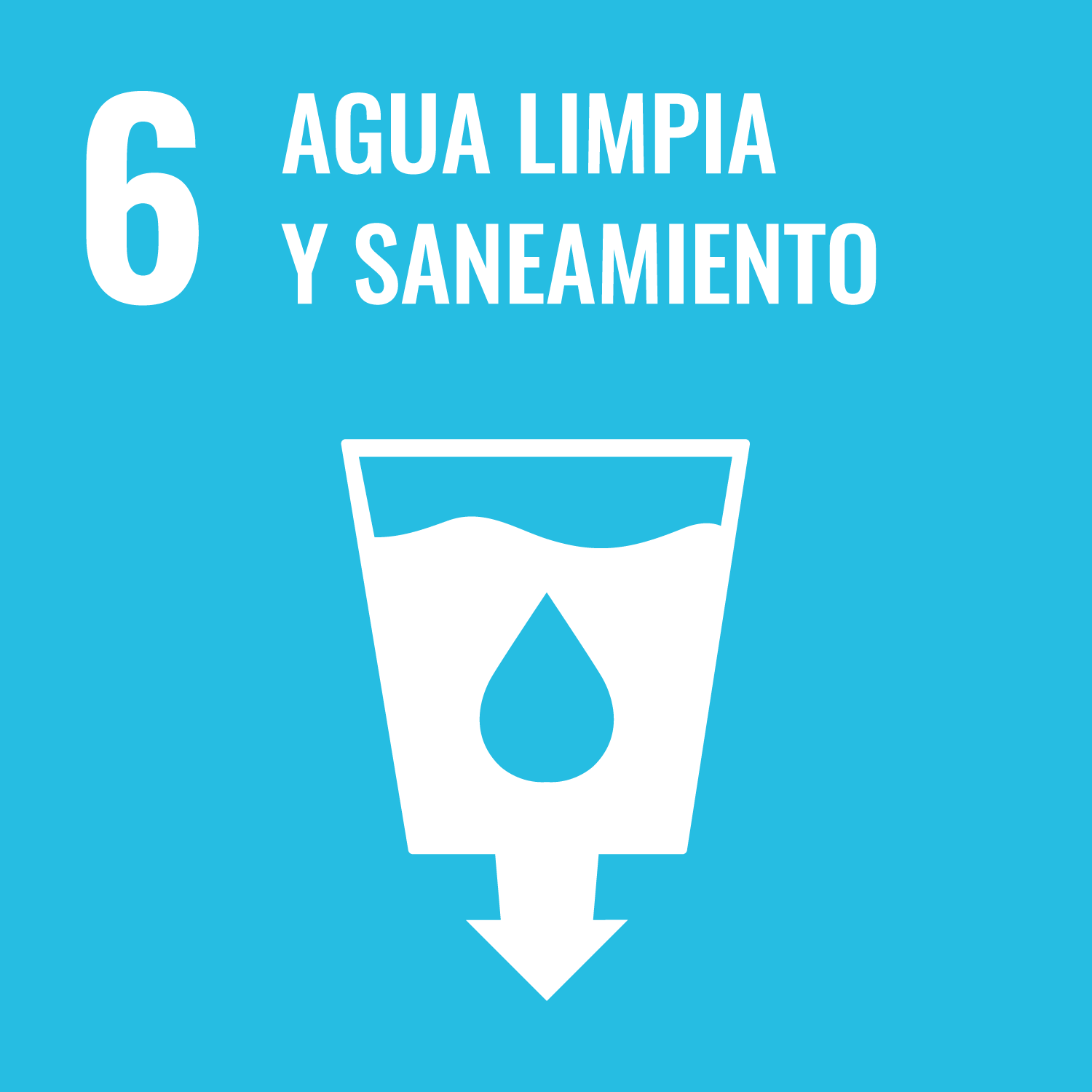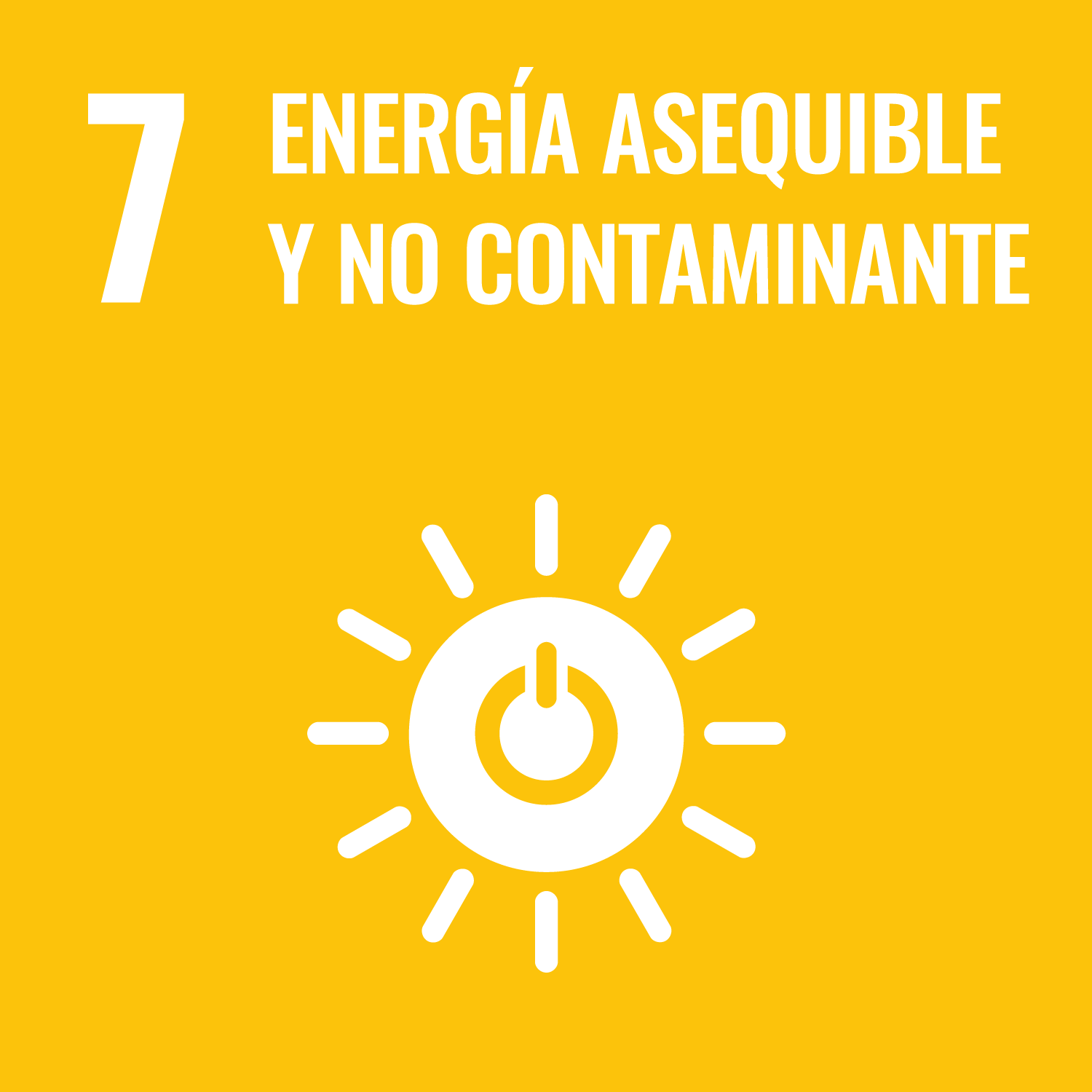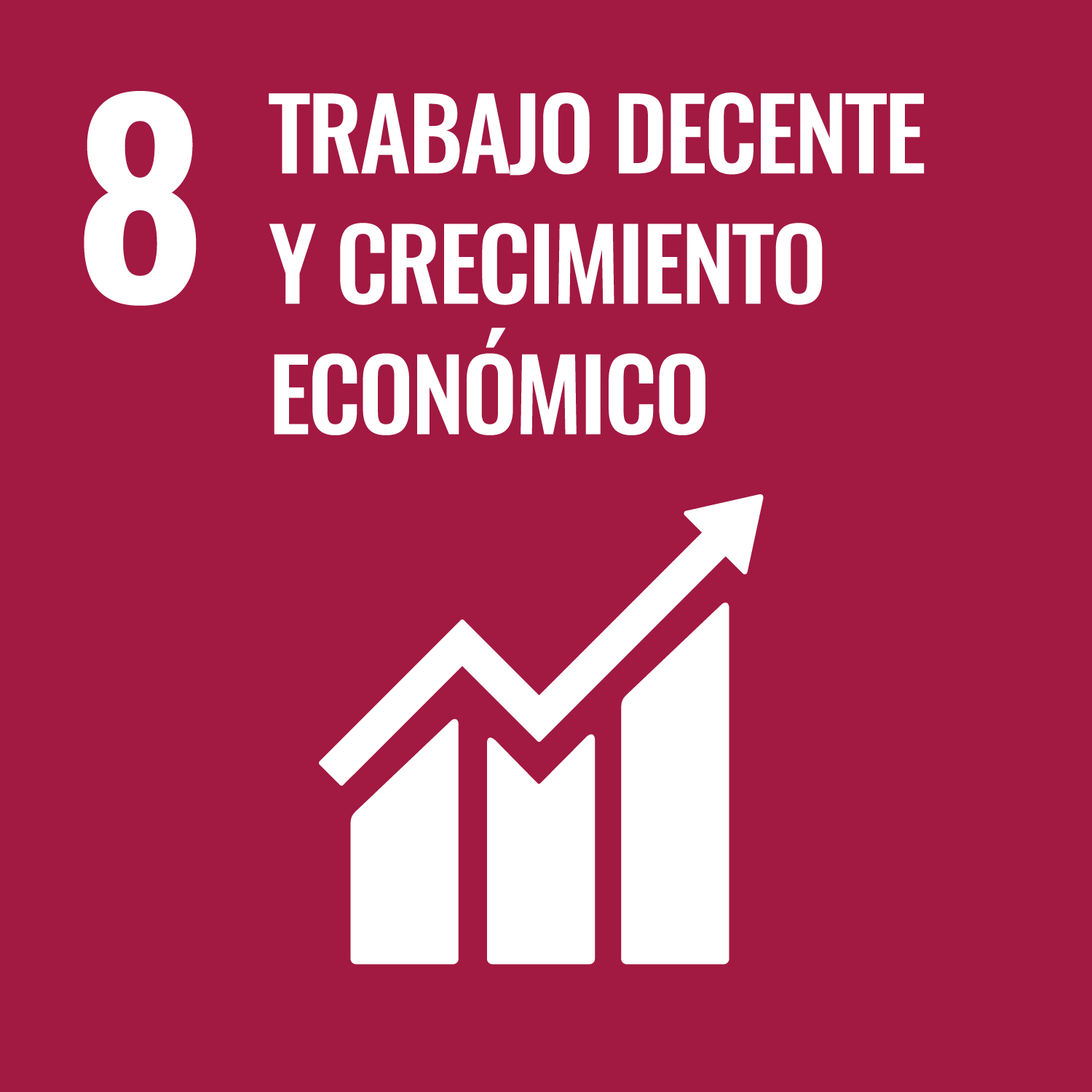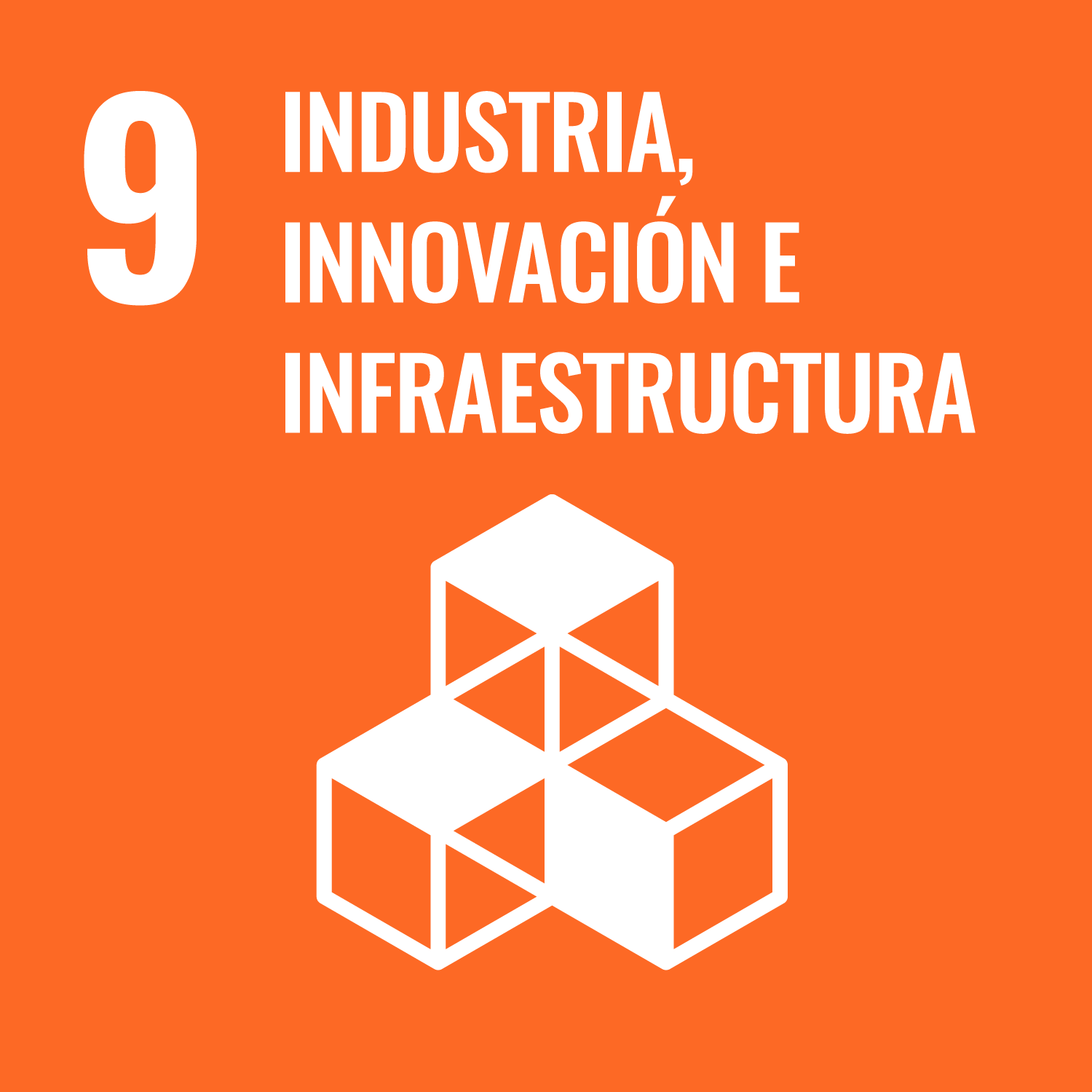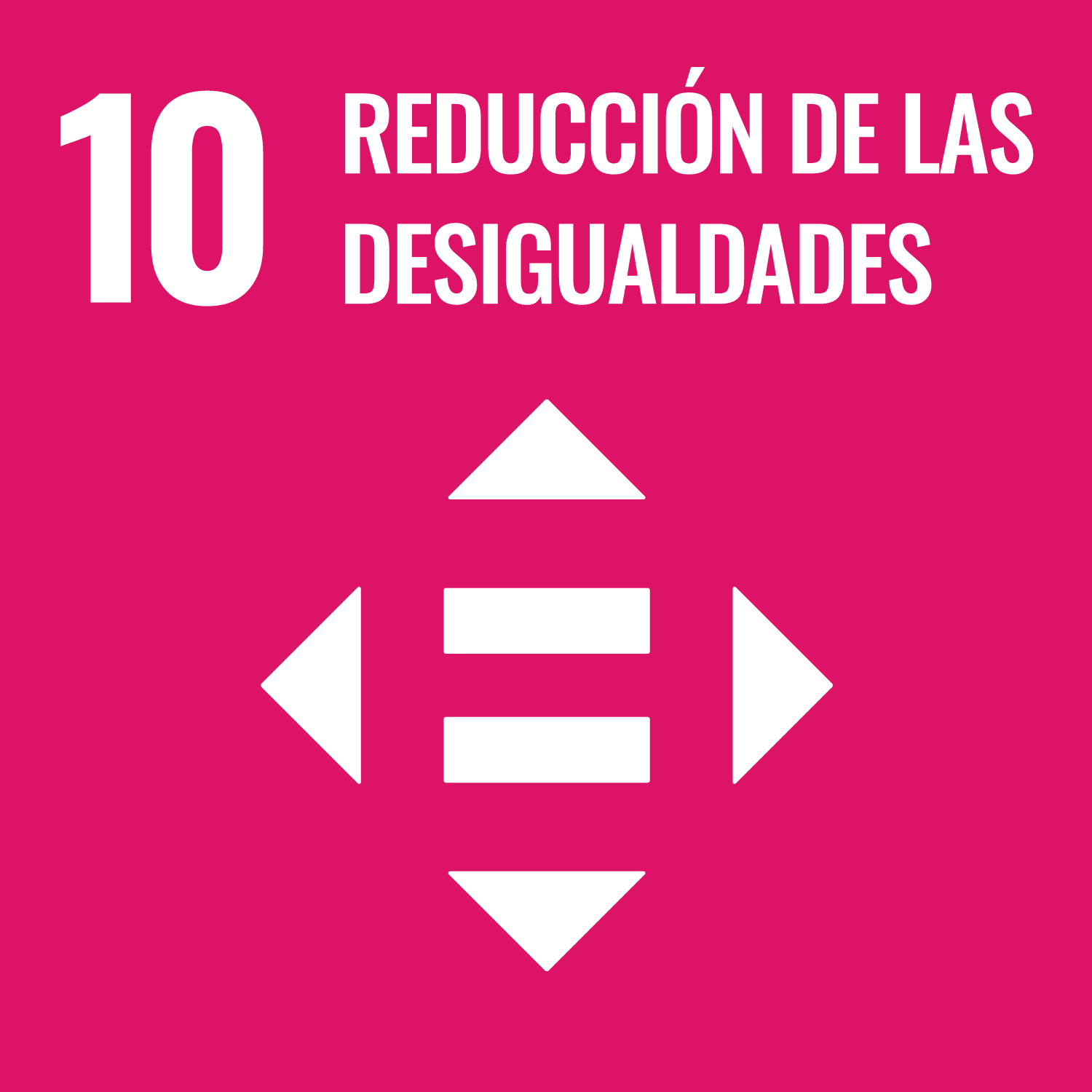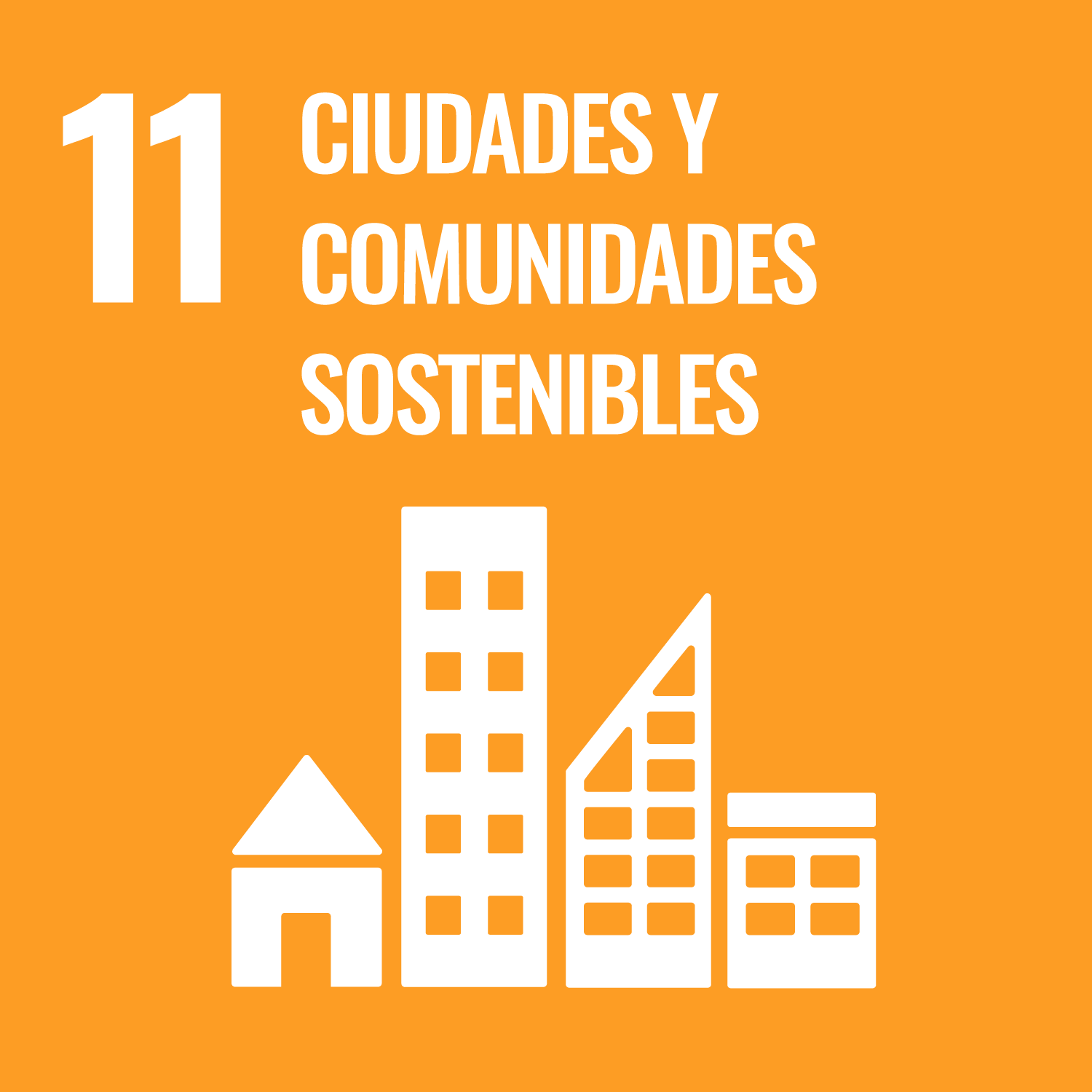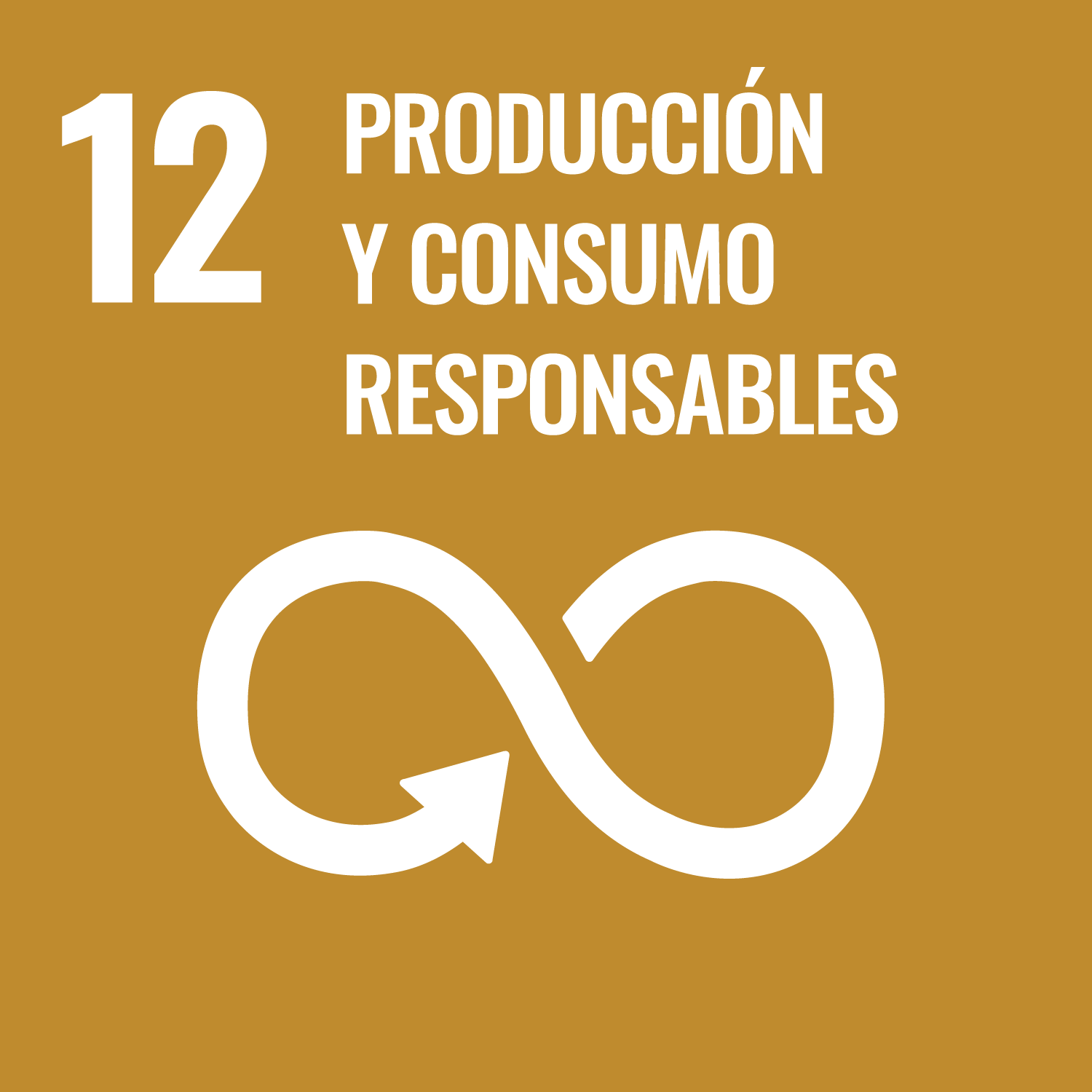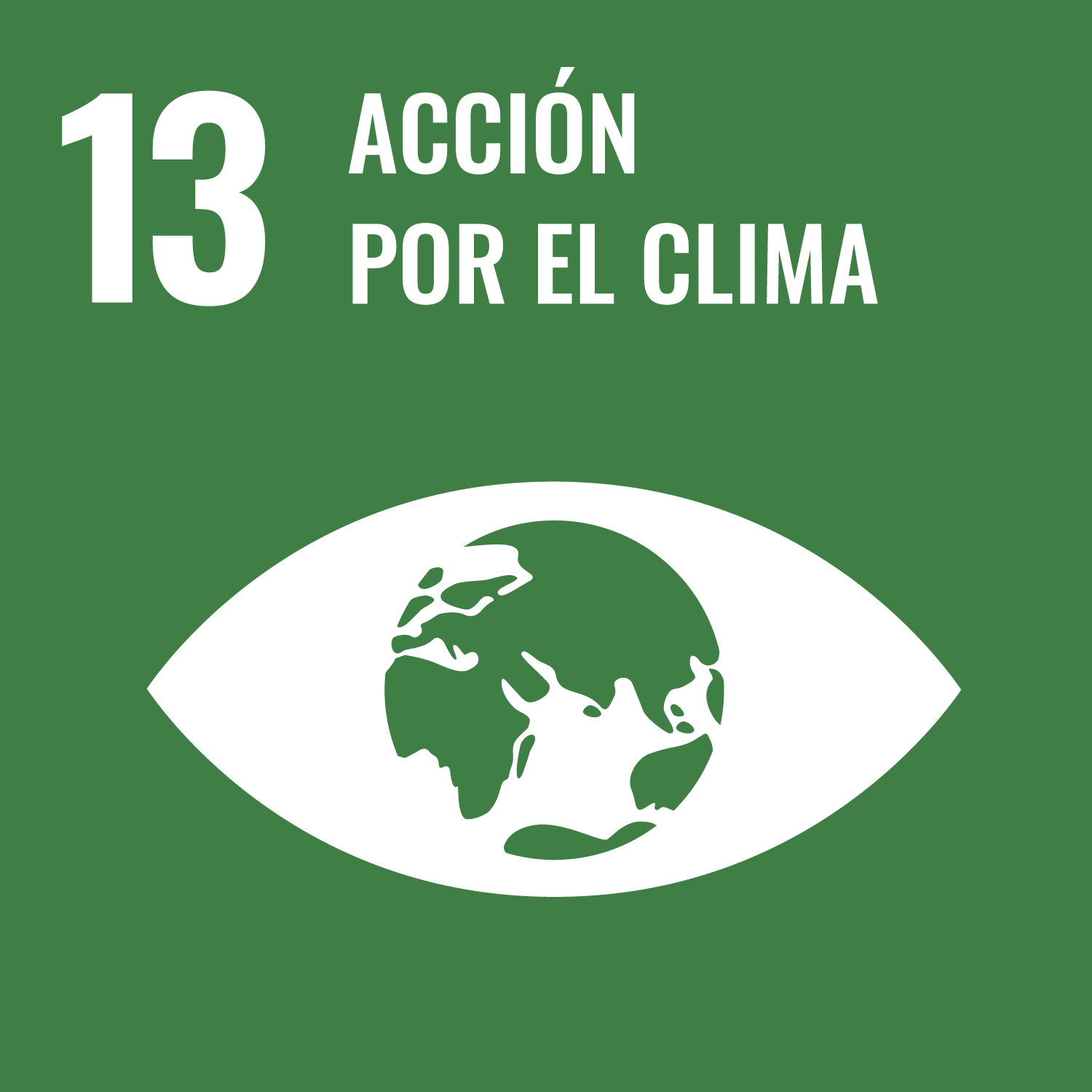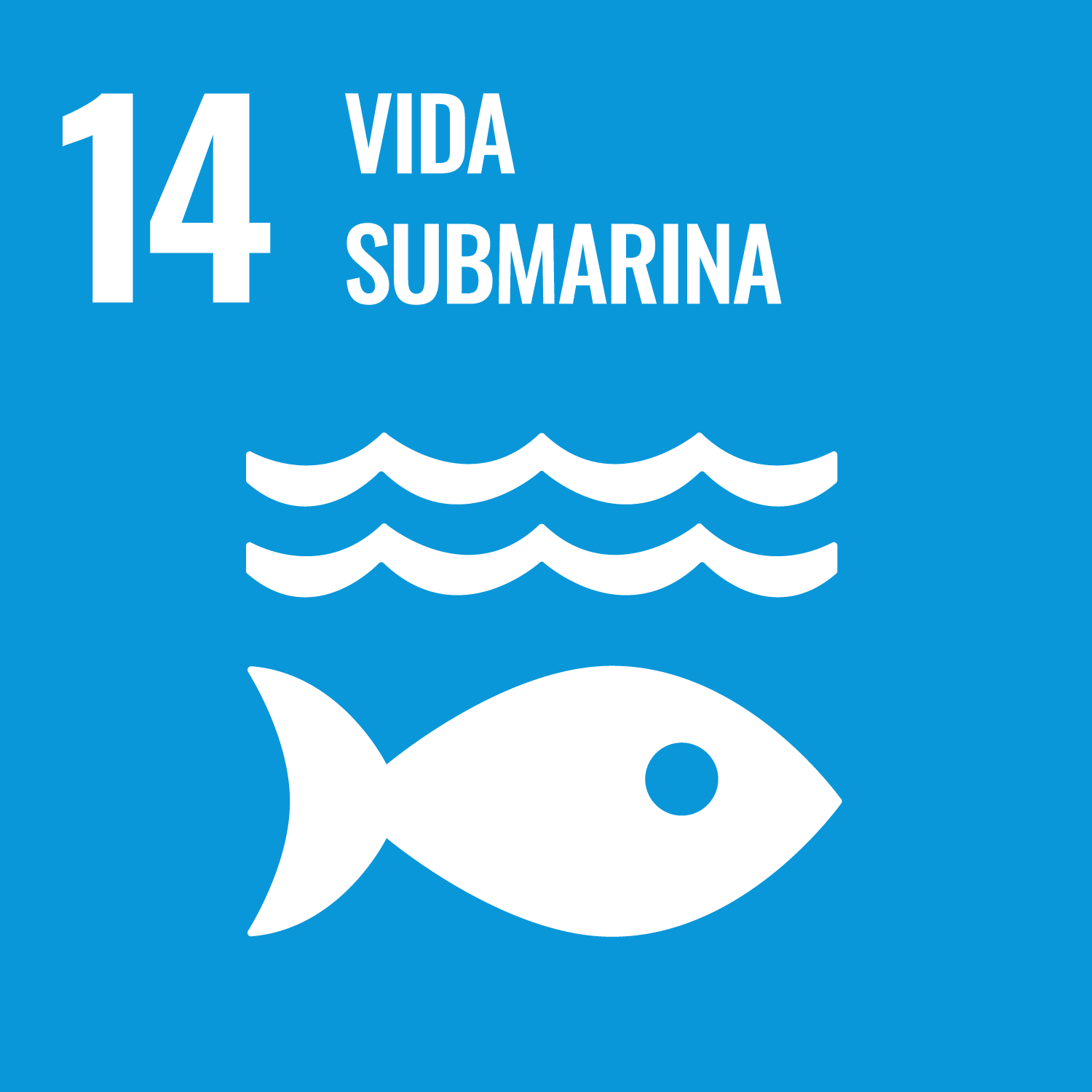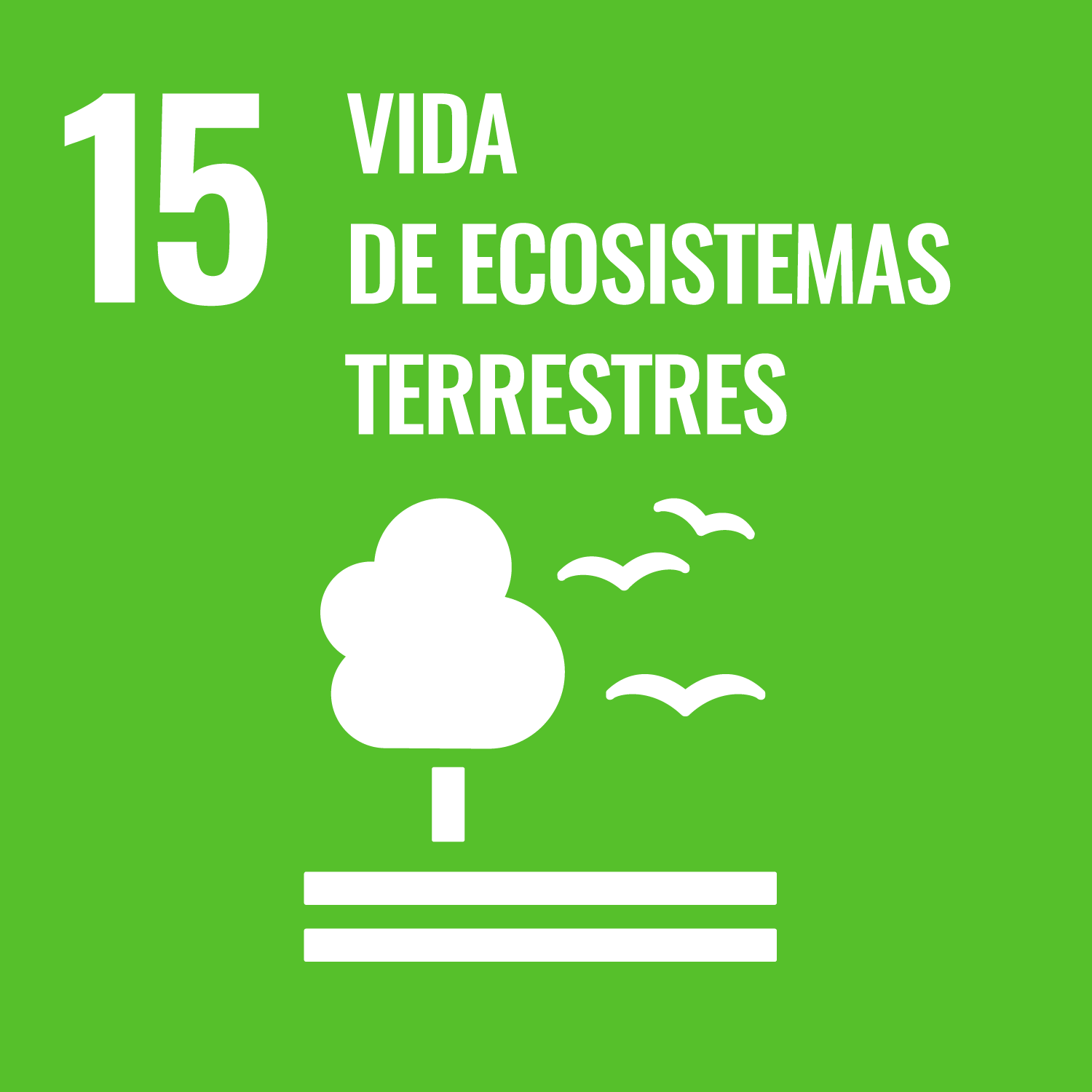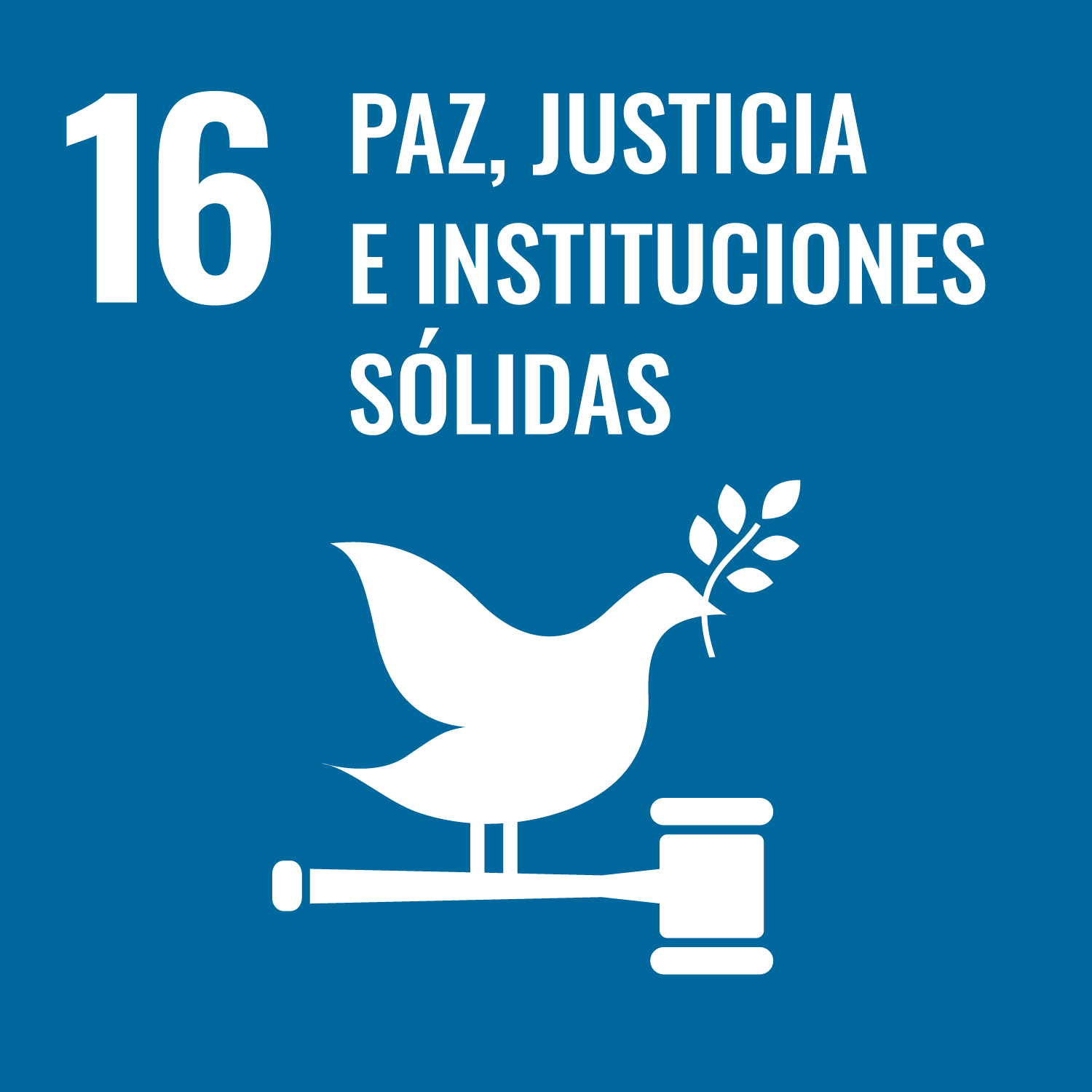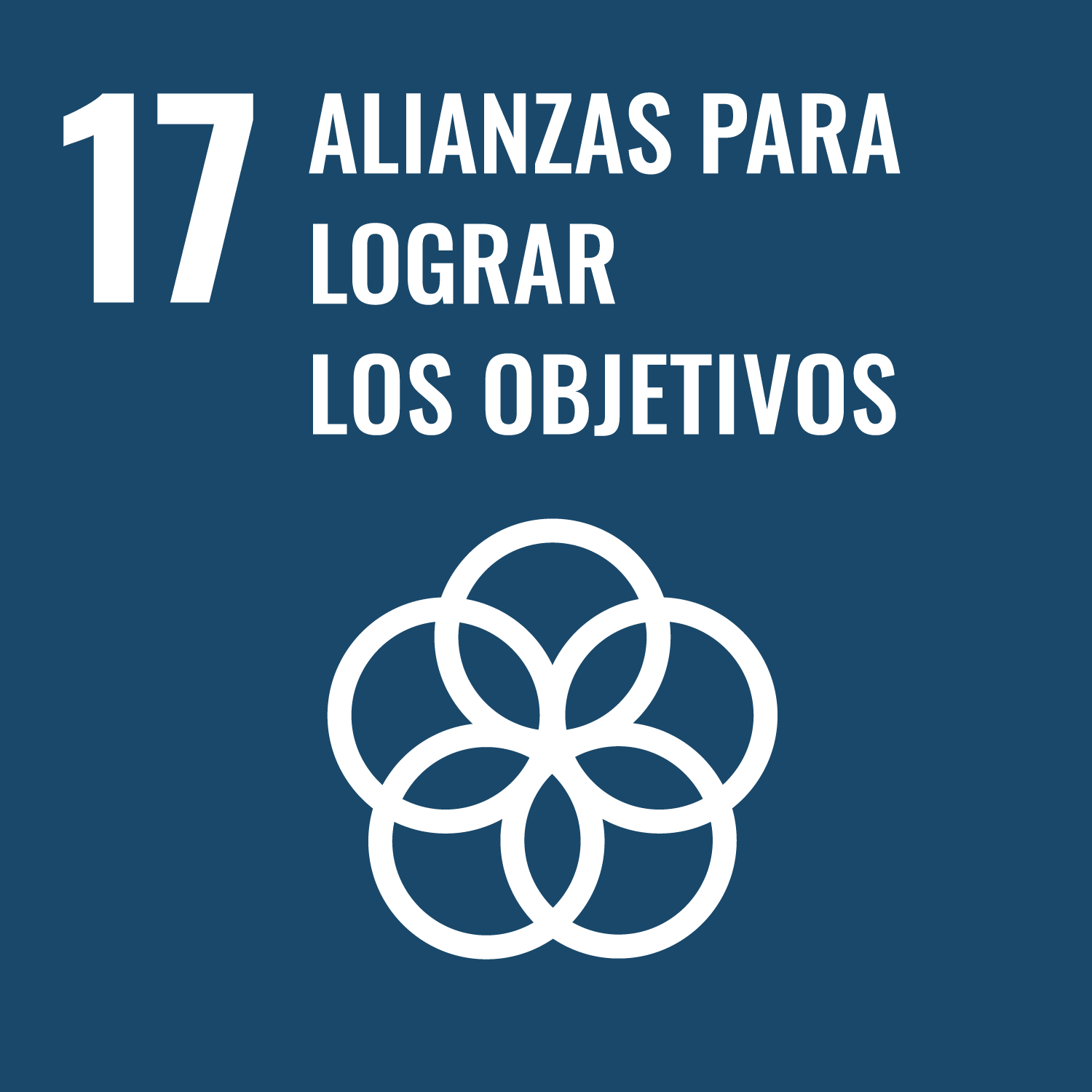By 2050, older adults are estimated to make up a third of the Chilean population, requiring forward-looking approaches to provide the social protection they need.
With the COVID-19 crisis disproportionately affecting certain vulnerable groups, one of the emerging lessons points to the need to strengthen social protection approaches to ensure older people are not left behind. In Chile, older adults are expected to represent a third of the population by 2050 , but they are far from being a homogeneous group.
This was revealed during the first year of the pandemic, where there was a significant rise in the number of calls received through the Fono Mayor, a telephone line set up by the Government to provide information and support to the elderly, with requests from physical to psychosocial assistance.
Conversations pointed to the importance of social interaction and networking to ensure the well-being of older people, including those in need of care and others who act as caregivers. This was the motivation behind the NODO Project , a community initiative in Chile that integrates a set of digital platforms, with the aim of activating and strengthening support networks for older adults.
With the support of UNDP, the National Service for the Elderly (SENAMA) of Chile, as well as other UN agencies and government partners, the project aims to reduce and eliminate the barriers that prevent older people from participating in society and exercise their rights.
“It is very important, especially in remote areas, to have networks. It is very difficult for an older woman in these territories to achieve something if she does not have networks, or a bridge to institutions, other networks or organizations,” said Catalina Fuentes, a resident of San José de Maipo.
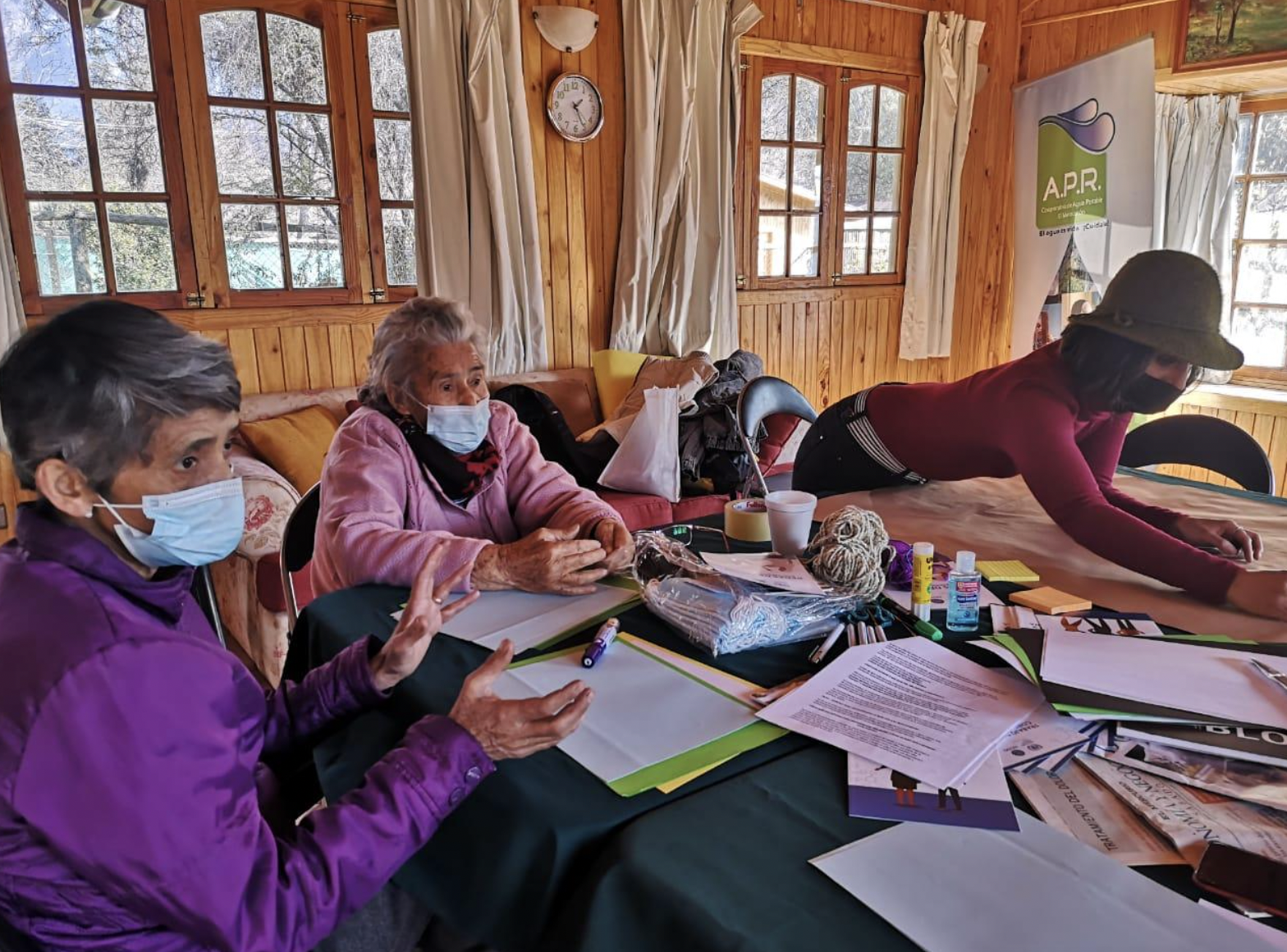
The NODO Project works in 12 rural and urban communities with a high population of older adults. While the project sought to take advantage of emerging technologies, the team of people who met and talked with the elderly to better understand their needs was also critical to its success. This ensured that digital interventions were culturally appropriate and contextualized.
The project's e-learning platform was based on the knowledge gathered in these local communities. It covers a variety of topics with a repository of knowledge based on the needs of older people, such as training and care support recommendations.
Materials are also available in multimedia formats. Specifically serving people with disabilities, there is an option for deaf people to communicate directly with the National Disability Service (SENADIS) through online sign language interpretation. This offers a virtual "face-to-face" space for interaction.
As older people often feel excluded from society, social protection must include fostering a social support network, where they can share their stories, experiences and lessons. From getting in touch with a network of professionals who can provide guidance on care work to accessing a network of care partner organizations, the Care Platform is another dedicated virtual space within the NODO Project.
“This platform will allow us, as caregivers, to communicate and help each other in the care of our older adults. I am proud to represent the caregivers who helped with the realization of this platform based on our experiences and vision of what we learned in our day to day”, said Patricia Verdugo.
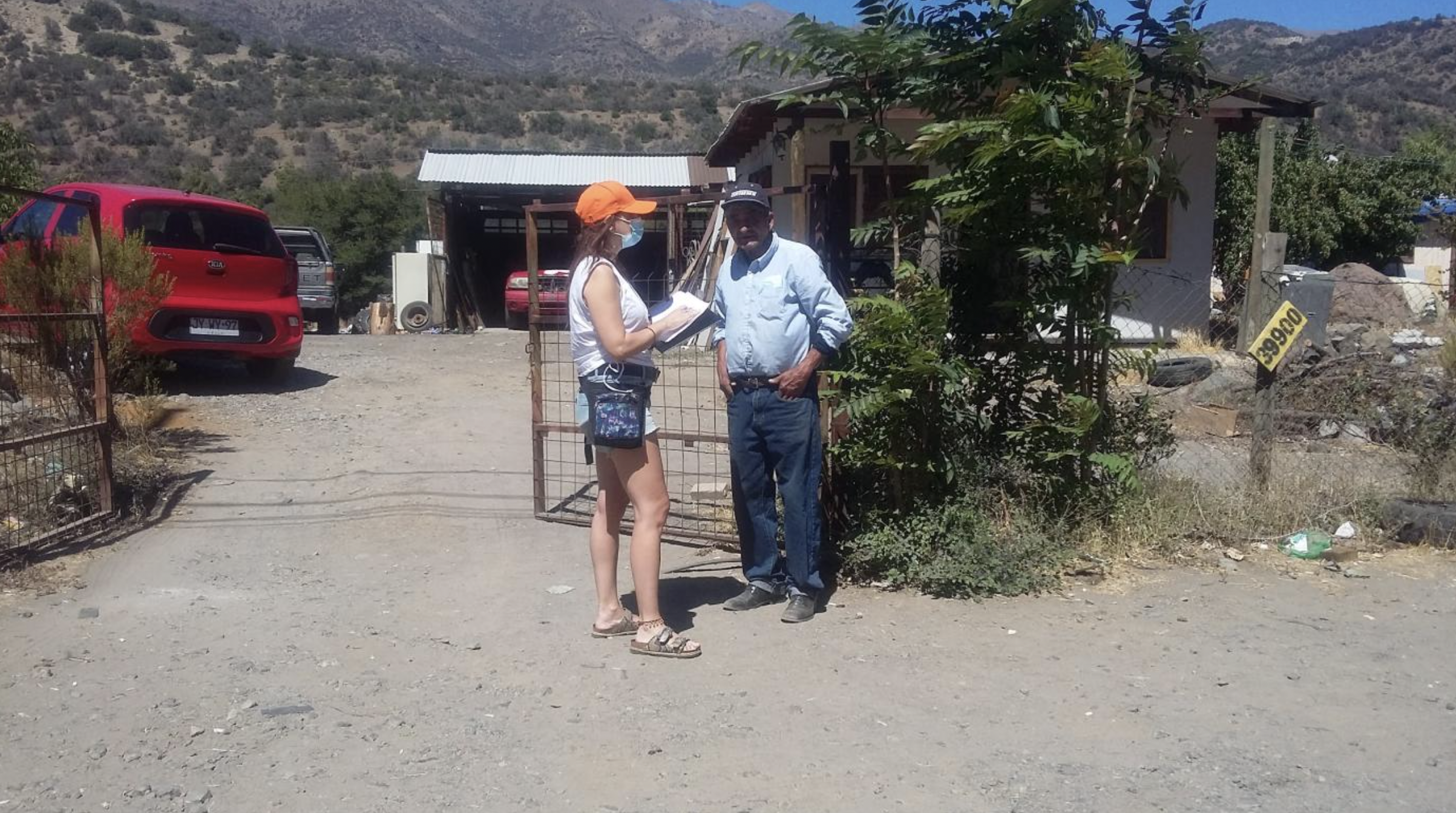
The project's website also features NODO Series 60+ , a set of publications that analyze the complex and diverse scenarios that surround the elderly population in Chile from a sustainable development perspective. The older adult population in Chile is diverse. Some live in urban areas, while others reside in rural communities; some are physically active while others are not; some receive home care, while others are caregivers themselves. These dynamics require comprehensive social protection policies.
Through the interconnected platforms of the NODO Project, it is expected that older people can access these digital spaces for support, care, coordination and empowerment. The project received funding from the Sustainable Development Goals Fund , with the support of implementing partners at the UN and the Government of Chile.
This story was produced in cooperation with the UNDP Digital Office. For more information contact soledad.gonzalez [at] undp.org (Soledad[dot]gonzalez[at]undp[dot]org)


